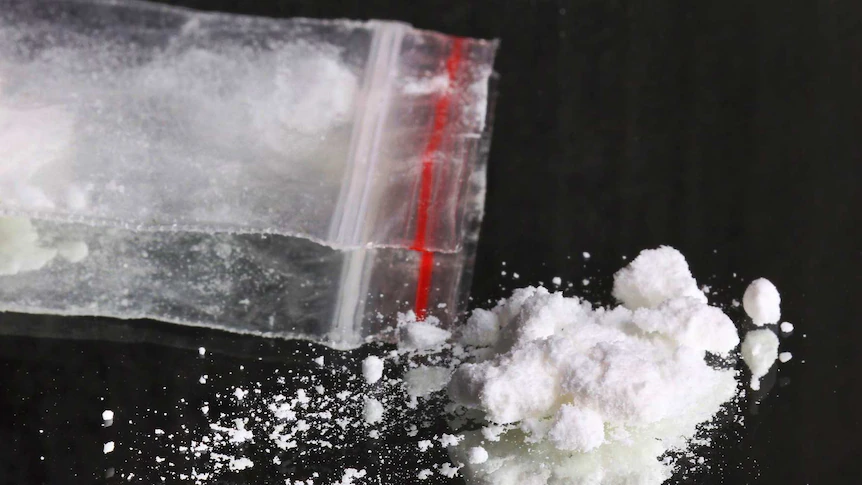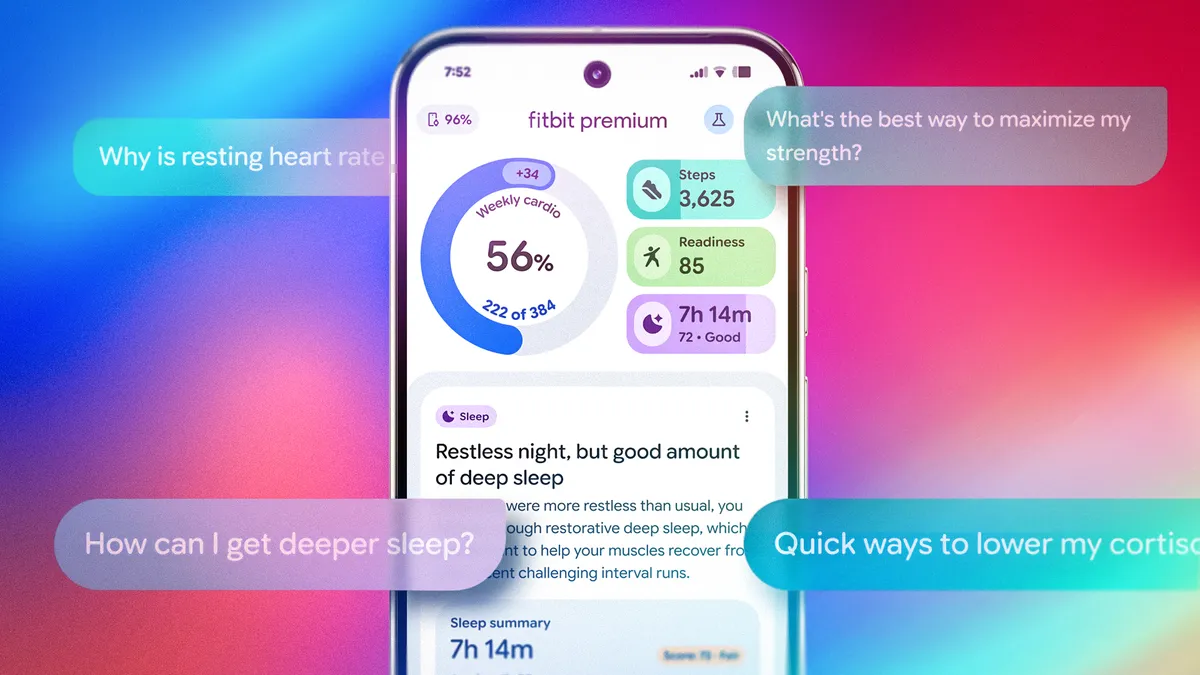Copyright abc

Tuesday marks two years since the ACT became the first Australian jurisdiction to decriminalise small amounts of illicit drugs, including cocaine, heroin, ice and MDMA. The reforms to the territory's Drugs of Dependence Act were introduced as a harm reduction approach to drug use, treating it as a health issue instead of a criminal one. It has meant that, over the past two years, people caught with "personal use" amounts of illicit drugs were fined or referred to drug counselling instead of facing criminal penalties. 'We must replace shame with care' At the 30th annual ceremony remembering the lives lost to overdose in Canberra on Monday, Canberra Alliance for Harm Minimisation and Advocacy (CAHMA)'s Louise Hughes shared her lived experience. She said 10 years ago, when her son's father died from an overdose, the policies and attitudes around drug use were very different. "People were punished instead of supported. The stigma was everywhere. Compassion was rare," Ms Hughes said. "But today, here in the ACT, we're beginning to see change, real change. "And that gives me hope. Hope that fewer children will lose their parents to overdose, fewer families will be torn apart, and fewer people will die alone or judged." Ms Hughes said with the continuing high rates of overdose in Canberra, the responsibility to reduce harm from drug use was more important than ever. "These reforms send a powerful message that people who use drugs are not criminals, [they're] human beings. "By focusing on health, not punishment, we're not only saving lives, but breaking intergenerational cycles of trauma, protecting children, and giving families across Canberra a chance to live together." Government remains committed to harm minimisation ACT Health Minister Rachel Stephen-Smith said the government was hearing from the vast majority of the community that, two years on from the reforms, they still wanted to see drug use treated as a health issue. "What we're really hearing from the community is that they have seen a reduction in stigma, an increase in people talking about their drug use, [and] seeking help," she said. "Whether that's going to come through in the data at this point is not entirely clear. "But we've already informally started that evaluation process, and what we're hearing from the community is we're still seeing a vast majority of Canberrans saying we should be treating drug use as a health issue, not a criminal one." Ms Stephen-Smith said she had heard from families that their loved ones were struggling to reach out for help with their drug use. "Or, in an emergency, [for them] not be worried about a criminal conviction or the stigma that comes along with that." She said the government remained committed to harm minimisation in its drug and alcohol policies, and to continuing with a health approach to drug use. Liberal MLA, federal police association wants laws repealed Not everyone is on board with that approach, including Canberra Liberals deputy leader Jeremy Hanson, who last week tabled a motion in the ACT Legislative Assembly calling for a repeal of the decriminalisation laws. At the time, Mr Hanson said increases in drug-driving detections, drug use-related presentations to hospitals, and non-fatal drug overdoses were signs the laws had not reduced harm. The motion failed, but, according to Australian Federal Police Association president Alex Caruana, it is worth more consideration. He said the laws had not seen a reduction in harm from drug use. "The statistics are indicating that the ACT is now nation-leading when it comes to non-fatal overdoses," Mr Caruana said. "And our members have to be out there dealing with those non-fatal overdoses all the time. "I think decriminalisation on [the] whole is something that hasn't worked, and the data is indicating that very, very, very plainly it hasn't worked." Drug use statistics 'misconstruing correlation and causation' David Caldicott, the clinical lead at Pill Testing Australia and CanTEST, told ABC Radio Canberra the way those statistics were presented in Mr Hanson's motion "might be misconstruing correlation and causation". "I don't think they necessarily imply what he thinks they imply," Dr Caldicott said. "For example … with regards to emergency department presentations, what you find is that the ambulance presentations have stayed stable. "So more people are presenting to emergency departments under their own esteem [after using drugs], and that probably suggests that they're looking for advice, and they're less scared than they have been." Dr Caldicott said in so many ways the ACT was "well ahead of the curve" compared to the rest of the country. "[Since] we've introduced the pill testing, we have an earlier heads-up as to what's come into the community. "And we can give warnings about what has been available, not only to people who use drugs, but also to healthcare professionals to keep an eye out for new stuff."



